Navigating the world of international shipping can be complex, especially when importing goods from China to Norway. With a myriad of regulations, logistics considerations, and potential pitfalls, the choice of a reliable freight forwarder becomes crucial for ensuring a smooth shipping process. This ultimate guide aims to equip businesses with the knowledge they need to select the right freight forwarder, explore key shipping methods, and understand cost considerations involved in transporting goods across borders. By leveraging the expertise of a freight forwarder, you can streamline your logistics operations and enhance the efficiency of your global trade activities. Whether you’re shipping perishable items or bulk goods, this guide will help you make informed decisions that align with your specific shipping needs.
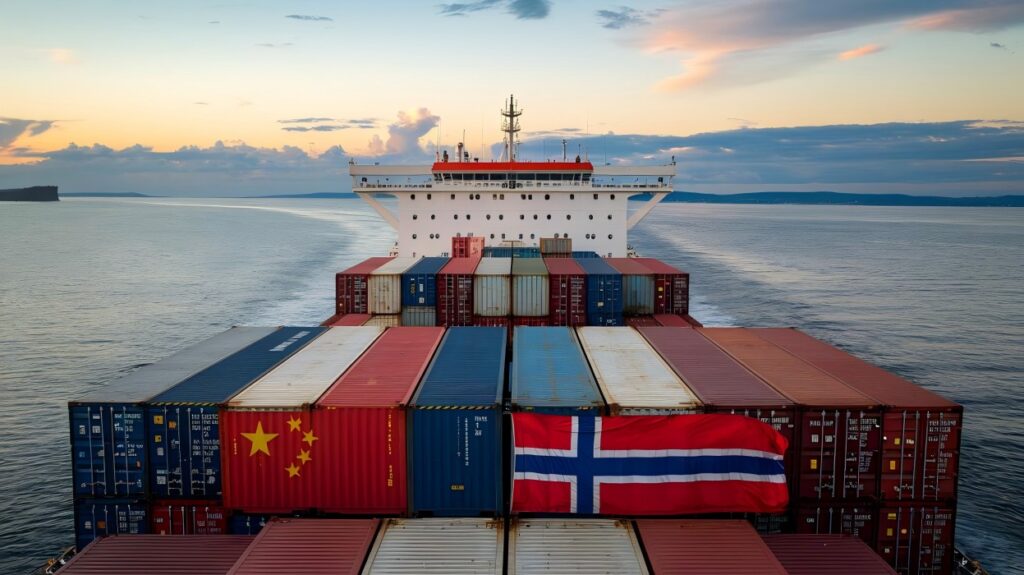
What is a Freight Forwarder?
A freight forwarder is a specialized service provider that manages the transportation of goods on behalf of importers or exporters. Acting as an intermediary, a freight forwarder coordinates with various carriers—such as shipping lines, airlines, and trucking companies—ensuring that shipments are efficiently transported from the point of origin to the destination. They facilitate the complex logistics involved in international trade, including documentation, customs clearance, and insurance.
Role of Freight Forwarders in International Shipping
Freight forwarders play a crucial role in the international shipping process by:
- Organizing Transportation: They schedule and book cargo space with carriers across various modes of transport, ensuring timely delivery.
- Customs Clearance: They handle the necessary documentation for customs clearance, ensuring compliance with regulations of both the exporting and importing countries.
- Risk Management: They evaluate potential risks and provide solutions, such as insurance options to protect shipments during transit.
- Warehousing and Distribution: Many freight forwarders offer warehouse services, providing storage solutions for goods before they are dispatched or after they arrive.
By leveraging their expertise, freight forwarders streamline the shipping process, allowing businesses to focus on their core activities while ensuring their products reach global markets efficiently.
Why Choose a Freight Forwarder for Shipping from China to Norway?
Expertise in International Shipping
Navigating the complexities of international shipping can be daunting, especially when dealing with legal requirements, documentation, and logistics specifics of different countries. A freight forwarder brings a wealth of knowledge about international shipping regulations, trade agreements, and customs procedures specific to both China and Norway. This expertise helps minimize delays and ensures compliance, allowing businesses to move their products seamlessly across borders.
Cost-Effectiveness
Utilizing a freight forwarder can lead to significant cost savings. They have established relationships with carriers, often securing better rates for shipping due to their volume of business. Moreover, they can provide a comprehensive analysis of different shipping options—such as air freight versus ocean freight—allowing companies to select the most cost-effective solution based on their budget and timeline. This financial insight can be invaluable for businesses looking to optimize their supply chain costs.
Simplified Logistics Management
Managing logistics can be intricate, particularly when importing goods from China to Norway. A freight forwarder simplifies this process by handling all logistics tasks under one roof. They coordinate everything from the pickup of goods at the manufacturer’s facility in China to the delivery at the final destination in Norway, including storage, transportation, and customs clearance. This integrated approach reduces the burden on businesses, allowing them to operate more efficiently.
Risk Management
Shipping goods internationally comes with inherent risks, including delays, loss, or damage of cargo. Freight forwarders mitigate these risks by offering various insurance services to protect shipments during transit. They assess potential challenges in the supply chain and implement strategies to minimize disruptions, such as alternative routing or expedited shipping options. Their ability to navigate unforeseen issues helps safeguard businesses against costly setbacks.
Value-Added Services
Beyond basic shipping needs, many freight forwarders offer a range of value-added services that can enhance operational efficiency. These services may include:
- Customs Clearance: Ensuring smooth passage through customs with all necessary documentation prepared.
- Warehousing Services: Providing storage solutions if immediate delivery is not feasible.
- Supply Chain Consulting: Offering insights and recommendations to optimize the overall supply chain strategy.
- Door-to-Door Shipping Services: Streamlining the process further by managing the entire transportation route from the manufacturer in China to the final destination in Norway.
By choosing a freight forwarder like Dantful International Logistics, businesses gain access to a highly professional, cost-effective, and quality service that simplifies international trade. With a commitment to client satisfaction and expertise in logistics management, Dantful serves as a reliable partner for companies looking to navigate the complexities of importing goods from China to Norway effectively.
In conclusion, selecting a freight forwarder is an essential strategy for businesses engaging in international shipping, particularly when importing from countries like China. The combination of expertise, cost savings, simplified logistics, risk management, and tailored services positions freight forwarders as indispensable partners in the global trade landscape.
Read More:
- Shipping From China To Netherlands
- Shipping From China To Spain
- Shipping From China To Germany
- Shipping From China To France
- Shipping From China to Italy
- Shipping From China To Poland
- Shipping From China to United Kingdom
Steps to Select the Right Freight Forwarder from China to Norway
Assess Your Specific Shipping Needs
Before beginning your search for a freight forwarder, it is essential to clearly outline your shipping requirements. Consider the following factors:
- Type of Goods: Evaluate whether you are shipping perishable items, oversized cargo, or standard goods, as this will impact the type of transport needed.
- Frequency of Shipments: Determine if your shipping needs are one-off or ongoing, as regular shipments may benefit from long-term contracts with a forwarder.
- Delivery Timeline: Establish the urgency of your shipments. Different methods (e.g., air freight vs. sea freight) will have varying transit times.
- Budget: Outline your budget for shipping, as this will also dictate the level of service and shipping methods available to you.
Research Potential Forwarders
Once you have a clear understanding of your shipping needs, begin researching potential freight forwarders. Look for companies with:
- Experience in the Industry: Seek forwarders who have a proven track record in shipping goods from China to Norway.
- Global Reach: Ensure they have established networks and partnerships with carriers, customs agents, and local authorities.
- Specialized Services: Consider whether they offer services that align with your needs, such as customs clearance, warehouse services, or insurance services.
Request and Compare Quotes
After narrowing down your list of potential freight forwarders, request detailed quotes for their services. Important elements to compare include:
- Transport Costs: Evaluate the pricing for different shipping methods, including any extra fees for services like customs clearance or insurance.
- Transit Times: Compare the estimated transit durations for each method.
- Terms and Conditions: Review the terms of service, including cancellation policies, liability limits, and any additional costs that may arise.
A comprehensive comparison will help you identify the best value for your shipping needs.
Check References and Reviews
Before making a final decision, it is prudent to check references and customer reviews. Look for feedback that highlights:
- Reliability: Assess the freight forwarder’s ability to deliver on time and manage unexpected issues.
- Customer Service: Evaluate how well the forwarder communicates and addresses client concerns.
- Overall Satisfaction: Consider testimonials and case studies from other businesses similar to yours to gauge their level of service.
Checking third-party review sites can also provide insights into the forwarder’s reputation in the industry.
Evaluate Communication and Responsiveness
Effective communication is paramount when dealing with international shipping logistics. Evaluate potential forwarders based on:
- Response Time: Assess how quickly they respond to inquiries and provide necessary information.
- Clarity of Communication: Ensure they explain shipping processes, charges, and timelines clearly.
- Availability: Confirm their availability for support during critical phases of shipping, especially during customs clearance or transit delays.
A responsive forwarder can significantly ease the shipping process and enhance your overall experience.
Consider a Trial Shipment
If feasible, conduct a trial shipment with a selected freight forwarder to assess their performance. This hands-on experience can help you evaluate:
- Efficiency in Handling: Observe the logistics management and execution of the shipment.
- Quality of Service: Evaluate the level of customer support and communication throughout the process.
- Adherence to Timelines: Measure whether the shipment was completed within the agreed-upon timeframe.
This trial shipment will provide first-hand insight into the freight forwarder’s capabilities and reliability.
Key Shipping Methods from China to Norway
Air Freight
Air freight is one of the fastest shipping methods, suitable for businesses that require quick delivery. Key benefits include:
- Speed of Delivery: Air shipments typically take 1 to 3 days, making it ideal for urgent orders.
- Reliability: Airlines generally have strict schedules, providing consistent delivery timelines.
- Security: Air cargo is typically well-secured, minimizing the risk of damage or theft.
However, air freight can be more costly compared to other methods, making it less suitable for bulk or non-urgent shipments.
Sea Freight
Sea freight is the most economical option for shipping large volumes of goods. It is particularly well-suited for businesses that can afford longer transit times. Key advantages include:
- Cost-Effectiveness: Shipping by sea is considerably cheaper, especially for large shipments, due to lower fuel costs and capacity.
- Large Capacity: Cargo ships can accommodate substantial quantities, making this method advantageous for bulk shipping.
- Environmental Considerations: Sea freight generally has a lower carbon footprint compared to air freight.
The main drawback of sea freight is the longer transit time, often ranging from 20 to 40 days, depending on the specific route and port operations.
Express Shipping
Express shipping services provide a middle ground between air and sea freight, ensuring faster delivery than sea freight while being more cost-effective than standard air freight. Key features include:
- Speed and Efficiency: Express services usually deliver within 3 to 7 days, accommodating businesses that need quicker deliveries without the air freight costs.
- Tracking Capabilities: Most express shipping providers offer robust tracking systems, allowing businesses to monitor shipments in real-time.
- Comprehensive Solutions: Many express services include customs clearance and door-to-door delivery, simplifying the logistics process.
This method is particularly beneficial for businesses that require a balance between speed and budget.
Selecting the appropriate shipping method ultimately depends on the specific needs of your business. By evaluating the advantages of air freight, sea freight, and express shipping, companies can optimize their logistics strategy and ensure timely delivery of goods from China to Norway. For those seeking expert assistance in navigating this process, Dantful International Logistics offers a range of tailored logistics solutions, ensuring a seamless shipping experience.
You may be interested in the following related articles:
- Shipping From China To Lithuania
- Shipping From China to Serbia
- Shipping From China to Malta
- Shipping From China To Belarus
- Shipping From China To Croatia
- Shipping From China To Bulgaria
- Shipping From China To Latvia
Choosing the Right Freight Forwarder from China to Norway
Reputation and Experience
The reputation and experience of a freight forwarder are critical indicators of their reliability and effectiveness. When assessing potential forwarders, consider the following:
- Industry Experience: Look for freight forwarders that have a proven track record in handling shipments specifically from China to Norway. Their familiarity with the logistics landscape will ensure they navigate potential challenges more effectively.
- Customer Feedback: Explore online reviews and testimonials from previous clients. A strong reputation for reliability and service quality can be a significant asset.
- Accreditations: Check if the forwarder holds any industry certifications or memberships (e.g., International Federation of Freight Forwarders Associations) that attest to their professionalism and adherence to best practices.
Service Offerings and Flexibility
Freight forwarding services can vary widely among providers. When evaluating potential partners, consider:
- Comprehensive Services: A good freight forwarder should offer a range of services including customs clearance, insurance services, warehouse services, and door-to-door shipping services. This breadth of services can simplify logistics management for your business.
- Flexibility in Solutions: Look for a forwarder that can adapt to your unique shipping needs. This includes accommodating special requests, managing different types of cargo, and finding solutions for last-minute changes in shipping schedules.
- Technology Integration: Consider whether the forwarder employs modern technology, such as tracking systems and digital platforms for quote generation and shipment management. This can enhance visibility and control over your shipments.
Customer Support and Communication
Effective communication and customer support are vital for smooth operations. Evaluate potential freight forwarders based on:
- Responsiveness: Assess how quickly they respond to inquiries and provide updates throughout the shipping process. This helps prevent misunderstandings and ensures timely problem resolution.
- Personalized Service: A forwarder that takes the time to understand your specific needs and offers tailored solutions can significantly enhance your shipping experience.
- Proactive Communication: Determine whether the forwarder provides regular updates on shipment status and potential delays, allowing you to stay informed and plan accordingly.
Cost Considerations for Shipping from China to Norway
Breakdown of Potential Costs Involved
Shipping Method Costs
The cost of shipping will vary depending on the chosen method. Here’s a comparative overview:
| Shipping Method | Estimated Cost | Transit Time | Ideal For |
|---|---|---|---|
| Air Freight | Higher (e.g., $5-$10 per kg) | 1-3 days | Urgent shipments |
| Sea Freight | Lower (e.g., $1-$3 per kg) | 20-40 days | Bulk shipments |
| Express Shipping | Moderate ($3-$7 per kg) | 3-7 days | Time-sensitive, moderate volume |
Additional Fees (Customs, Insurance, etc.)
In addition to shipping costs, consider these potential additional fees:
- Customs Duties and Taxes: Import duties imposed by Norwegian authorities will depend on the nature of the goods, their value, and the country of origin.
- Insurance Costs: Protecting your shipment with insurance will incur an additional expense, generally calculated as a percentage of the value of the goods.
- Handling Fees: Some freight forwarders may charge handling fees for services like loading and unloading cargo at terminals.
- Storage Fees: Delays in customs clearance can lead to storage charges if your goods are held at the port for an extended period.
Tips for Minimizing Shipping Expenses
To optimize your shipping budget, consider the following strategies:
- Consolidate Shipments: Whenever possible, group smaller shipments into a single larger one to benefit from bulk shipping rates. This is particularly effective with ocean freight.
- Negotiate Rates: Engage in discussions with your freight forwarder to negotiate better rates, especially if you plan to ship regularly.
- Choose the Right Shipping Method: Evaluate your timeline and budget to choose the most suitable shipping method. While air freight is faster, sea freight can significantly reduce costs for non-urgent shipments.
- Be Aware of Customs Regulations: Understanding customs regulations and properly classifying your goods can help avoid unexpected fees or delays.
By carefully considering these factors and cost considerations, businesses can make informed decisions when selecting a freight forwarder for shipping from China to Norway. For a streamlined experience with competitive pricing, Dantful International Logistics stands ready to assist with a comprehensive range of logistics services tailored to meet the needs of global traders.

Young Chiu is a seasoned logistics expert with over 15 years of experience in international freight forwarding and supply chain management. As CEO of Dantful International Logistics, Young is dedicated to providing valuable insights and practical advice to businesses navigating the complexities of global shipping.

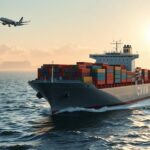
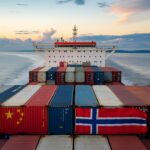
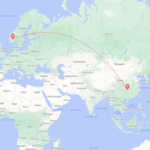
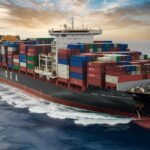
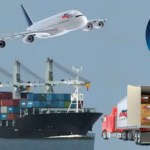




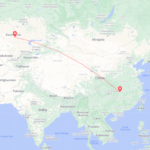
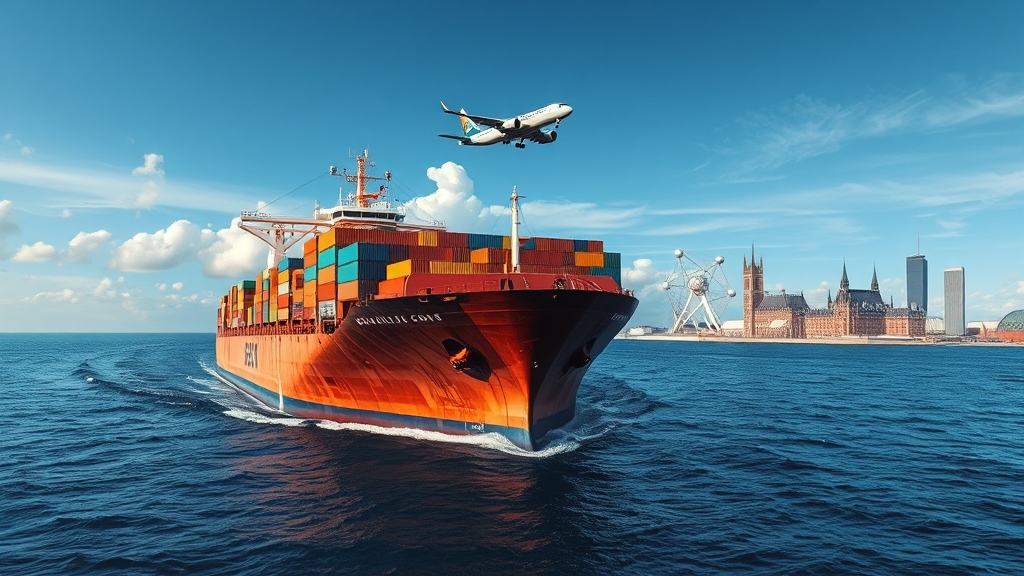
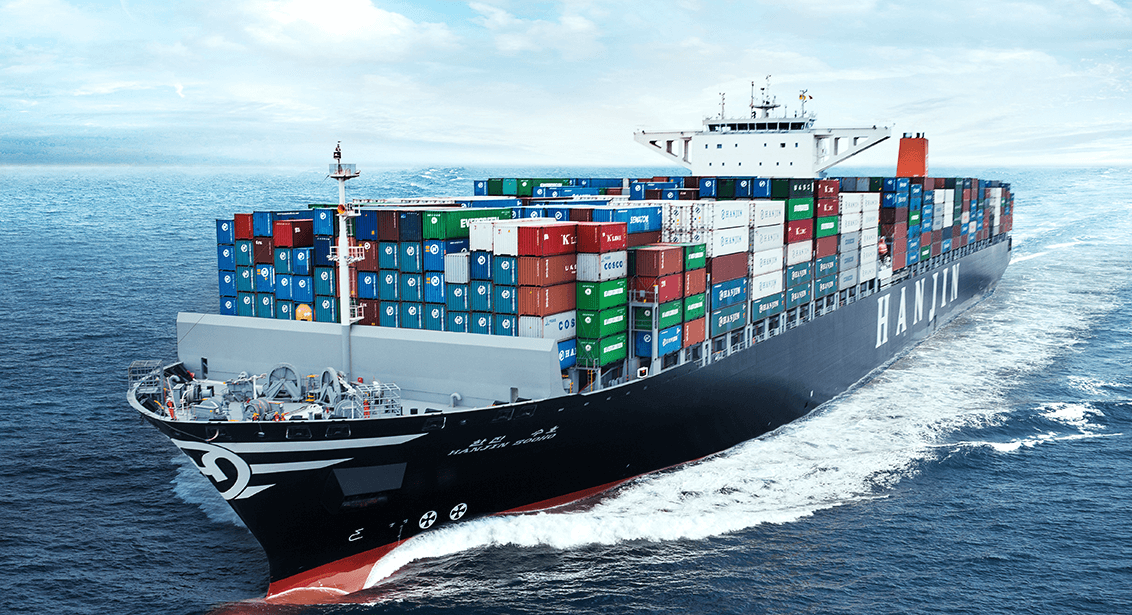
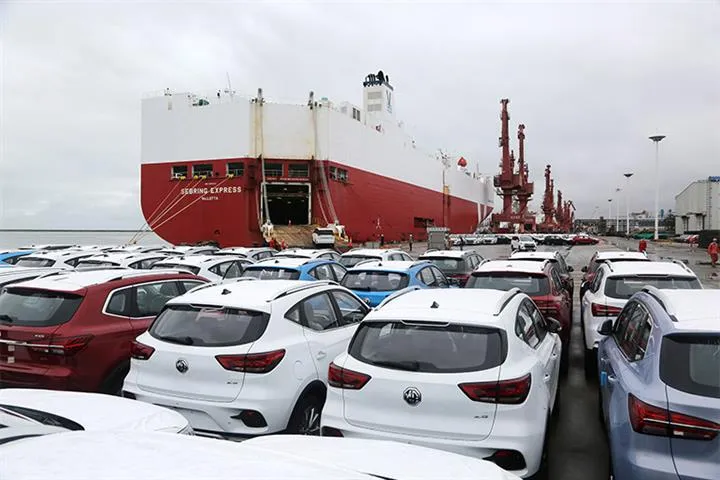

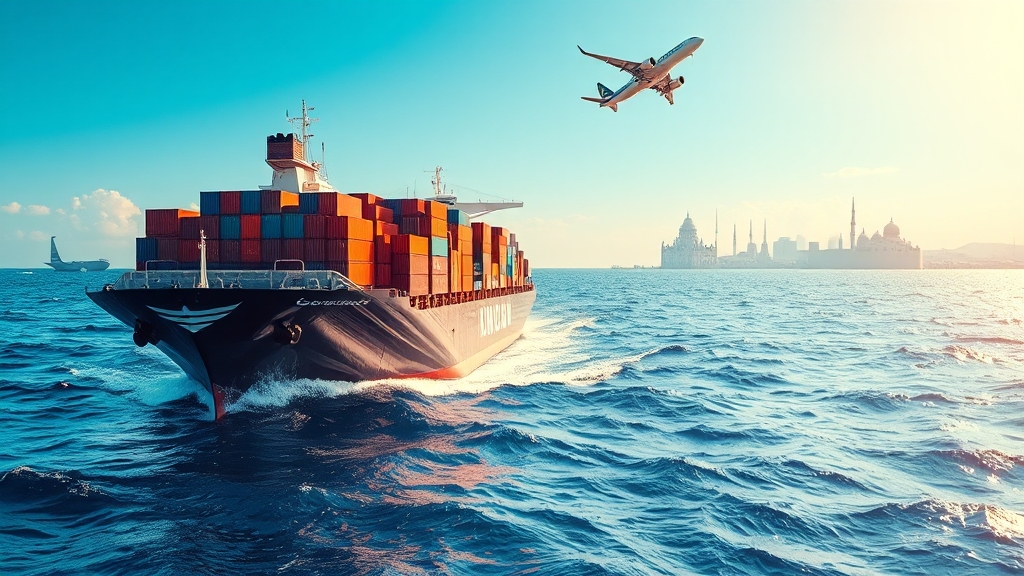





 Afrikaans
Afrikaans Shqip
Shqip አማርኛ
አማርኛ العربية
العربية Հայերեն
Հայերեն Azərbaycan dili
Azərbaycan dili Euskara
Euskara Беларуская мова
Беларуская мова বাংলা
বাংলা Bosanski
Bosanski Български
Български Català
Català Cebuano
Cebuano Chichewa
Chichewa 简体中文
简体中文 繁體中文
繁體中文 Corsu
Corsu Hrvatski
Hrvatski Čeština
Čeština Dansk
Dansk Nederlands
Nederlands English
English Esperanto
Esperanto Eesti
Eesti Filipino
Filipino Suomi
Suomi Français
Français Galego
Galego ქართული
ქართული Deutsch
Deutsch Ελληνικά
Ελληνικά Kreyol ayisyen
Kreyol ayisyen Harshen Hausa
Harshen Hausa Ōlelo Hawaiʻi
Ōlelo Hawaiʻi עִבְרִית
עִבְרִית हिन्दी
हिन्दी Hmong
Hmong Magyar
Magyar Íslenska
Íslenska Igbo
Igbo Bahasa Indonesia
Bahasa Indonesia Gaeilge
Gaeilge Italiano
Italiano 日本語
日本語 Basa Jawa
Basa Jawa ಕನ್ನಡ
ಕನ್ನಡ Қазақ тілі
Қазақ тілі ភាសាខ្មែរ
ភាសាខ្មែរ 한국어
한국어 كوردی
كوردی Кыргызча
Кыргызча ພາສາລາວ
ພາສາລາວ Latin
Latin Latviešu valoda
Latviešu valoda Lietuvių kalba
Lietuvių kalba Lëtzebuergesch
Lëtzebuergesch Македонски јазик
Македонски јазик Malagasy
Malagasy Bahasa Melayu
Bahasa Melayu മലയാളം
മലയാളം Maltese
Maltese Te Reo Māori
Te Reo Māori मराठी
मराठी Монгол
Монгол ဗမာစာ
ဗမာစာ नेपाली
नेपाली Norsk bokmål
Norsk bokmål پښتو
پښتو فارسی
فارسی Polski
Polski Português
Português ਪੰਜਾਬੀ
ਪੰਜਾਬੀ Română
Română Русский
Русский Samoan
Samoan Gàidhlig
Gàidhlig Српски језик
Српски језик Sesotho
Sesotho Shona
Shona سنڌي
سنڌي සිංහල
සිංහල Slovenčina
Slovenčina Slovenščina
Slovenščina Afsoomaali
Afsoomaali Español
Español Basa Sunda
Basa Sunda Kiswahili
Kiswahili Svenska
Svenska Тоҷикӣ
Тоҷикӣ தமிழ்
தமிழ் తెలుగు
తెలుగు ไทย
ไทย Türkçe
Türkçe Українська
Українська اردو
اردو O‘zbekcha
O‘zbekcha Tiếng Việt
Tiếng Việt Cymraeg
Cymraeg יידיש
יידיש Yorùbá
Yorùbá Zulu
Zulu